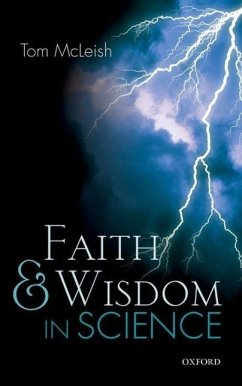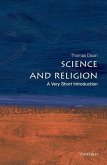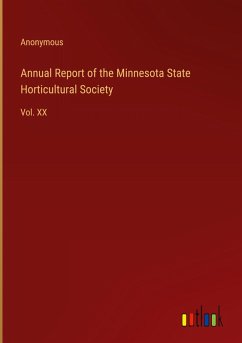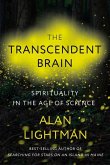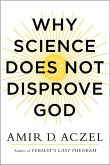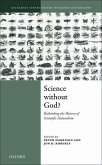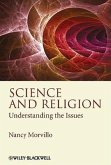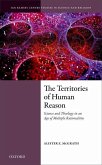"Can you Count the Clouds?" asks the voice of God from the whirlwind in the stunningly beautiful catalogue of nature-questions from the Old Testament Book of Job. Tom McLeish takes a scientist's reading of this ancient text as a centrepiece to make the case for science as a deeply human and ancient activity, embedded in some of the oldest stories told about human desire to understand the natural world. Drawing on stories from the modern science of chaos and
uncertainty alongside medieval, patristic, classical and Biblical sources, Faith and Wisdom in Science challenges much of the current 'science and religion' debate as operating with the wrong assumptions and in the wrong space. Its narrative approach develops a natural critique of the cultural separation of
sciences and humanities, suggesting an approach to science, or in its more ancient form natural philosophy - the 'love of wisdom of natural things' - that can draw on theological and cultural roots. Following the theme of pain in human confrontation with nature, it develops a 'Theology of Science', recognising that both scientific and theological worldviews must be 'of' each other, not holding separate domains. Science finds its place within an old story of participative reconciliation with a
nature, of which we start ignorant and fearful, but learn to perceive and work with in wisdom. Surprisingly, science becomes a deeply religious activity. There are urgent lessons for education, the political process of decision-making on science and technology, our relationship with the global
environment, and the way that both religious and secular communities alike celebrate and govern science.
Hinweis: Dieser Artikel kann nur an eine deutsche Lieferadresse ausgeliefert werden.
uncertainty alongside medieval, patristic, classical and Biblical sources, Faith and Wisdom in Science challenges much of the current 'science and religion' debate as operating with the wrong assumptions and in the wrong space. Its narrative approach develops a natural critique of the cultural separation of
sciences and humanities, suggesting an approach to science, or in its more ancient form natural philosophy - the 'love of wisdom of natural things' - that can draw on theological and cultural roots. Following the theme of pain in human confrontation with nature, it develops a 'Theology of Science', recognising that both scientific and theological worldviews must be 'of' each other, not holding separate domains. Science finds its place within an old story of participative reconciliation with a
nature, of which we start ignorant and fearful, but learn to perceive and work with in wisdom. Surprisingly, science becomes a deeply religious activity. There are urgent lessons for education, the political process of decision-making on science and technology, our relationship with the global
environment, and the way that both religious and secular communities alike celebrate and govern science.
Hinweis: Dieser Artikel kann nur an eine deutsche Lieferadresse ausgeliefert werden.

